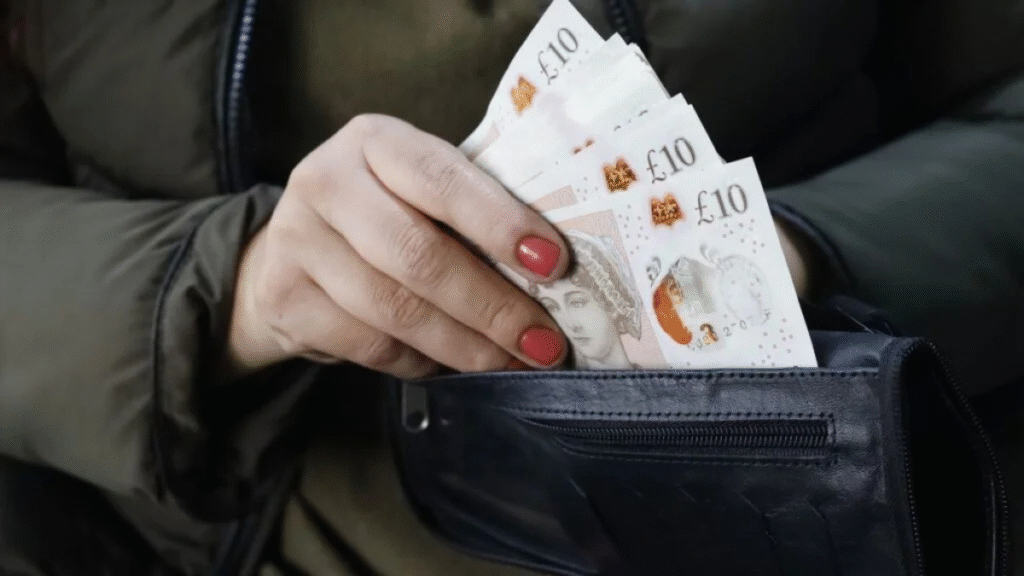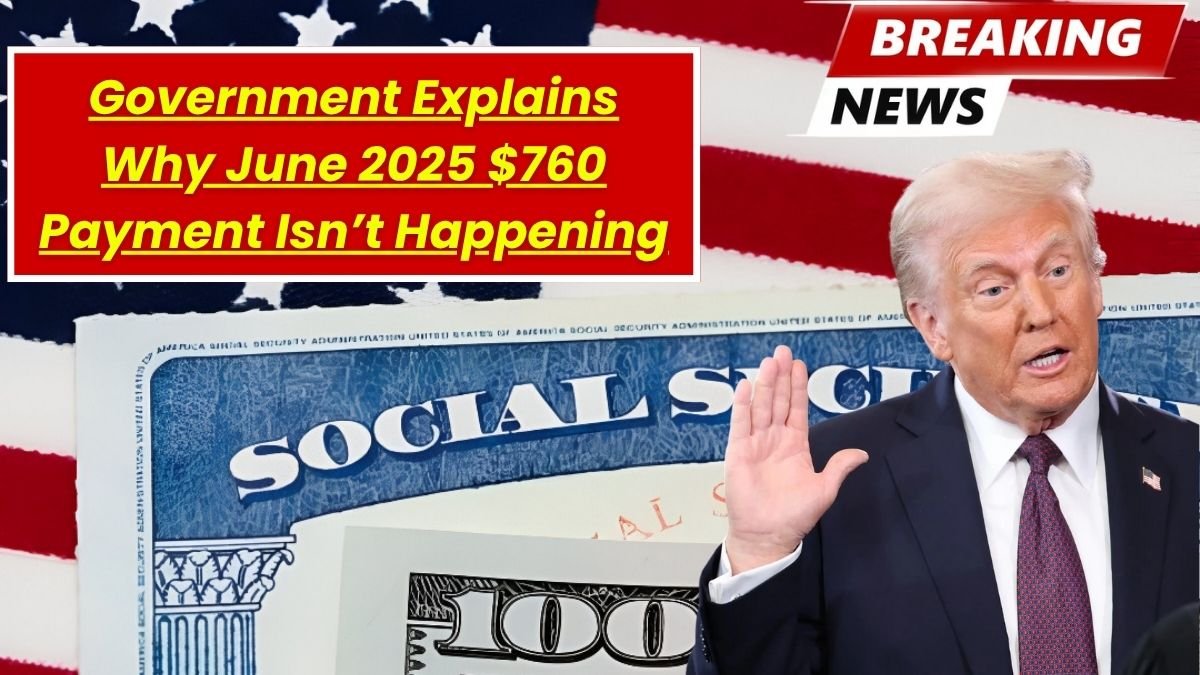Do you know that thousands of elderly people in the UK are not able to take advantage of tax-free help of about £4,200 (ie more than Rs 4 lakh) every year? Yes, a great scheme is being offered by the Department for Work and Pensions (DWP), whose name is Pension Credit. If you are 66 years of age or older, then you can be eligible for this and you can get financial help of about £80 every week.
This is not only financial help, but many other benefits can also be obtained through this such as free TV license, council tax exemption, heating expenses in winter, and NHS facilities. Still, about 8.5 lakh elderly people are not claiming this help because they do not have complete information about it. Let’s know what Pension Credit is, who can take it, and how to take full advantage of it.
What is Pension Credit?
Pension Credit is an income support scheme offered by the DWP to help older people on low incomes. The aim is to ensure that no pensioner lives on too little income.
The best part is that it’s not a loan, doesn’t have to be repaid and is completely tax-free. This means that the help you receive won’t affect your tax.
Pension Credit has two main parts:

Guarantee Credit:
This is the main part of Pension Credit. It aims to ensure that your minimum weekly income doesn’t fall below a set level.
In the 2025/26 tax year:
- Your weekly income must be at least £218.15 if you’re single.
- The limit is £332.95 if you’re in a couple.
- If you’re earning less than this, the DWP tops up your income to this level.
Example:
If a single pensioner is earning £200 a week, the DWP will give them an extra £18.15 a week to take their income to £218.15.
Savings Credit:
This is specifically for people who have saved for their retirement, such as a small private pension. But the credit is only available to people who reached State Pension Age before 6 April 2016.
Amount of Savings Credit:
- Single person: up to £17.01 a week
- Couples: up to £19.04 a week
- This is a bonus for people who have prepared for retirement but still need a little help.
Who is eligible for Pension Credit?
You must meet all of the following conditions:
Age:
You or your partner must be at least 66 years old.
Residence:
You must live in England, Scotland or Wales. (Northern Ireland has a different system.)
Earnings:
Your weekly income must be:
- Less than £218.15 for a single person.
- Less than £332.95 for a couple.
What counts as “Income”?
- State pension
- Private or workplace pension
- Wage if you work part-time
- Most benefits such as Carers Allowance
Also if you have savings of more than £10,000, every £500 counts as £1 a week in income.
Example:
If you have savings of £12,000, that’s above the £2,000 limit. This counts as additional income of £4/week.
How much can you get?

Most people get between £3,500 and £4,200 in aid annually. This works out to around £67 to £80 a week.
But you could get more if:
- you live with a disability,
- are a carer,
- pay rent or mortgage,
- have children living with you.
Extra benefits with Pension Credit: You’re also entitled to a number of other government benefits once you get Pension Credit. These benefits can be worth over £1,000 a year:
Free TV Licence:
If you’re over 75, you’ll get a free TV licence (it costs around £159 a year).
Winter Fuel Payment:
£250 to £600 in support towards heating costs in winter.
Warm Home Discount:
£150 off your electricity bill.
Cold Weather Payment:
£25 extra help per week if the weather is very cold.
Council Tax Reduction:
Your council tax could be significantly reduced or even completely waived.
Housing Benefit:
If you live in rented accommodation, you could get rent help.
NHS Help:
Free dental check-ups, free medicines, and free eye tests.
- All of these benefits can be worth several thousand pounds in total and can make a huge difference to your lifestyle.
- Common myths:
“I own my own home, so I probably won’t be eligible”
False! Owning a home is not a barrier. Eligibility depends on your income and savings, not the home itself.
“I have a private pension, so I won’t get Pension Credit”
False! Even if you have a small private pension, you may still be eligible for Savings Credit or Guarantee Credit.
My income is only £10 above the limit so I get nothing”
Not true. You may even get partial help. So check your exact eligibility by applying to the DWP.
So if you are 66 or over, and don’t earn much, Pension Credit could be a huge relief. Not only does it give you extra money every week, it also makes many important things free or subsidised. Know your entitlement, claim it and make your senior life a little more comfortable.
Conclusion
The DWP’s £4,200 annual grant can be a significant financial relief for eligible individuals and families in the UK. Whether you’re a carer, low-income earner, or someone with a disability, this grant is designed to support those who need it most. Make sure you understand the eligibility criteria, apply through the correct channels, and submit all necessary documentation.
FAQs
1. What is the £4,200 DWP Grant?
It is an annual financial support scheme offered by the UK government to eligible individuals, particularly carers, disabled people, or those with low income.
2. Who is eligible for the £4,200 DWP grant?
Eligibility may depend on your income level, caring responsibilities, disability status, and whether you receive other DWP benefits like Universal Credit or Personal Independence Payment (PIP).
3. Is this grant taxable income?
No, the £4,200 DWP grant is tax-free. It does not count as taxable income and won’t impact your tax liability.
4. Do I need to apply separately for this grant?
In most cases, the grant is linked with existing DWP benefits. However, you may need to apply or update your information to ensure eligibility.
5. How is the grant paid?
The amount may be split and paid in monthly or quarterly installments, typically via direct deposit into your bank account.








